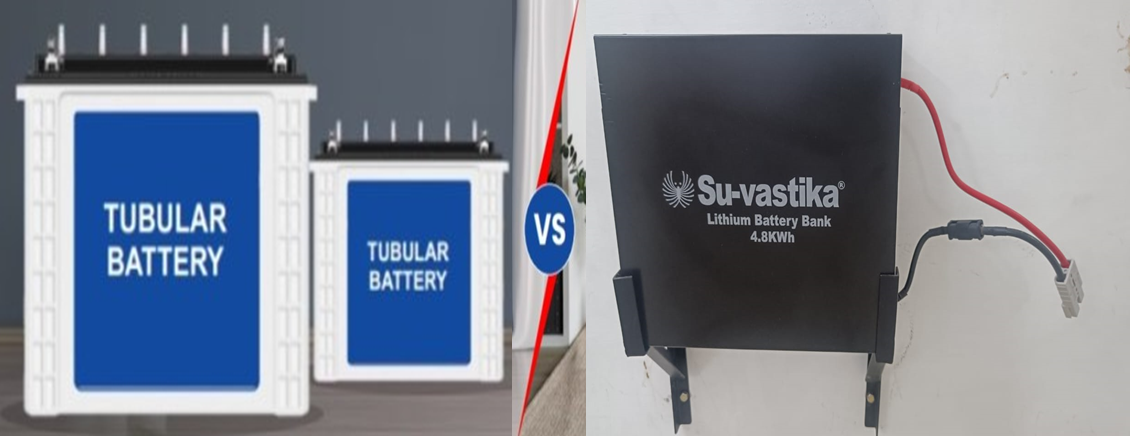Can we use a lithium battery for an inverter?
Can we use a lithium battery for an inverter? :- Yes, you can use a lithium battery for an inverter, and in many ways, it’s a better choice than traditional lead-acid batteries. Lithium ion battery is the best choice if…
Why are lithium batteries better than lead-acid?
Why are lithium batteries better than lead-acid? Lithium batteries outperform lead-acid batteries in several key areas, making them the preferred choice for many modern applications. Here’s a breakdown of the advantages: Energy Density: Energy density refers to how much energy…
The Importance of Lithium Batteries for Inverters
The Importance of Lithium Batteries for Inverters, Lithium batteries offer several advantages over traditional lead-acid batteries that make them a better choice for inverters: Higher capacity and longer life: Lithium batteries can store more energy per unit weight and last…
The Rise of Battery Storage: Overtaking Pumped Hydro
Battery storage is about to overtake the global capacity of pumped hydro The Rise of Battery Storage: Overtaking Pumped Hydro It seems remarkable, given that it is less than seven years since the world’s first really big battery – the…
What is an Isolation Transformer?
What is an Isolation Transformer? An isolation transformer is a special type of transformer used in inverters to provide electrical isolation between the input and output circuits. Here’s a breakdown of what it is and how it works in an…
What to consider before buying an MPPT solar inverter
What to consider before buying an MPPT solar inverter:- There are several things to consider before buying an MPPT (Maximum Power Point Tracking) solar inverter. Here are some key factors to check: Size and Power Rating: What to consider before…
How to check if BMS is working?
How to check if BMS is working? A BMS PCB, or Battery Management System Printed Circuit Board, is the heart of a BMS. It’s an electronic board with various components that work together to monitor and control a battery pack….
What is Transformer?
What is a Transformer? What is Transformer?, A transformer is an electrical device that uses electromagnetic induction to pass an alternating current (AC) signal from one electric circuit to another, often changing (or “transforming”) the voltage and electric current. Transformers do not pass direct current (DC), and can be used to take the DC voltage…
What are the efficiency losses of transformers?
What are the efficiency losses of transformers? In this article, we will learn about the four main types of transformer losses and calculations for finding the efficiency of a transformer. What are the efficiency losses of transformers? Transformers, like all…
Essential Maintenance Tips for Your Lithium Battery Inverter
Essential Maintenance Tips for Your Lithium Battery Inverter As we are moving towards a technologically advanced world, it has become difficult to stay without electricity even for a brief period. However, there is a powerful device that can guarantee our…

















